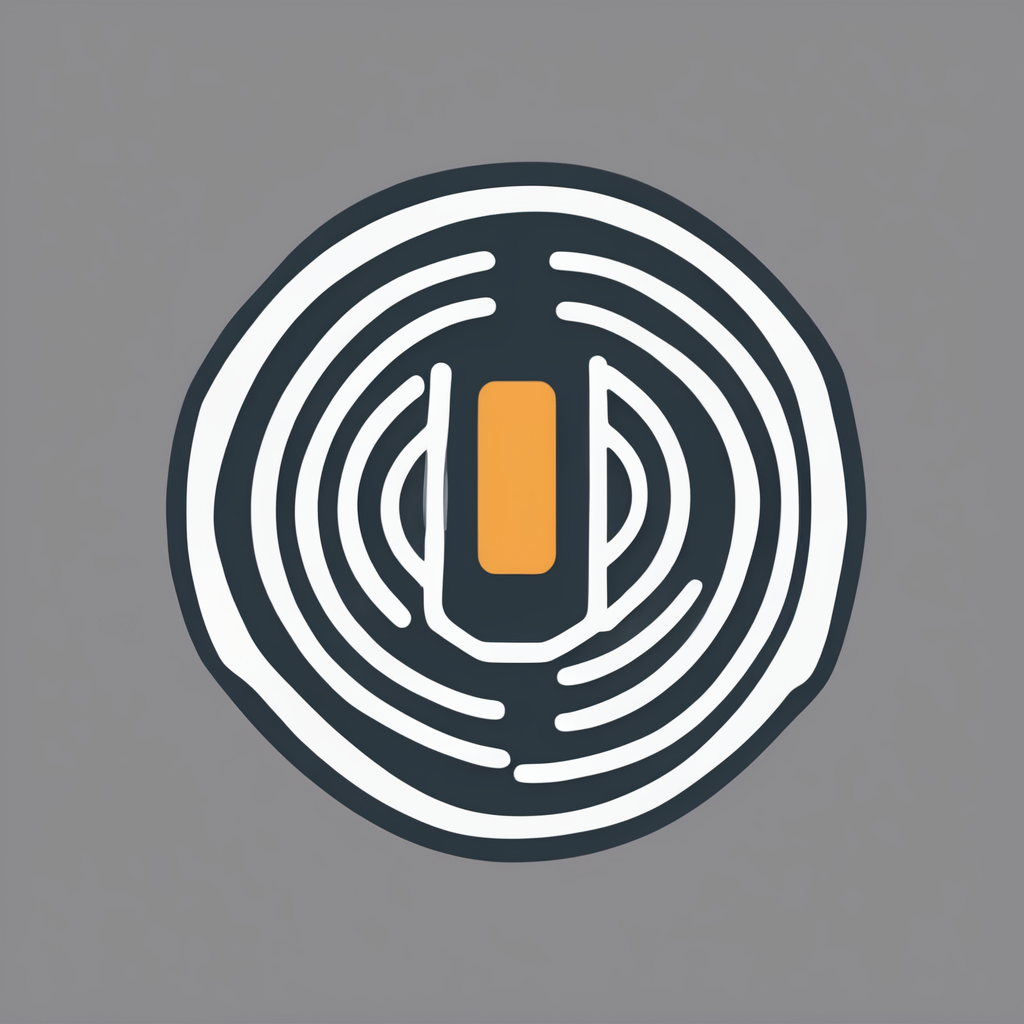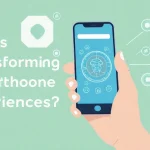What is IoT and Its Relevance for UK Marketing
The Internet of Things (IoT) is a network of interconnected devices that collect and exchange data, enabling automated and intelligent interactions. At its core, IoT involves sensors, connectivity, and data processing working together to deliver real-time insights. This technology is transforming industries by providing detailed consumer behavior data and operational analytics.
In the context of UK marketing trends, IoT adoption is accelerating as businesses leverage connected devices to gain a competitive edge. Retailers and brands use IoT to track in-store customer movements, personalize offers, and streamline supply chains. The rise in smart devices and wearables in the UK population fuels this expansion, allowing marketers to engage customers with more precise, context-aware campaigns.
Also read : How can machine learning optimize UK marketing campaigns?
IoT’s relevance for modern marketing strategies lies in its ability to enhance customer experiences through highly targeted, data-driven initiatives. By analyzing IoT-generated data, marketers can predict preferences and respond proactively. This integration supports better resource allocation and greater campaign effectiveness, which is crucial in today’s fast-paced UK market. Embracing IoT technology is becoming essential for companies aiming to stay ahead within evolving UK marketing trends.
Leading Ways UK Marketers Use IoT to Enhance Customer Engagement
UK marketers leverage IoT customer engagement to craft deeply personal experiences. By connecting devices and gathering data, they can personalise interactions based on consumer behaviour and preferences. This approach ensures that messages resonate more effectively, driving loyalty and satisfaction. For example, smart devices can detect user patterns and adjust offers or content, making each engagement uniquely relevant.
This might interest you : How Has the Evolution of UK Computing Impacted Marketing Strategies?
Real-time marketing powered by IoT is revolutionising UK marketing strategies. Instant access to user data allows brands to deliver timely messages or promotions exactly when customers are most receptive. This immediacy increases the chances of conversion and reinforces brand presence in everyday moments. Marketers use IoT sensors and apps to trigger notifications or adapt digital content without delay.
Moreover, the integration of IoT in omnichannel marketing creates a seamless customer journey. UK marketers connect physical and digital touchpoints through IoT technologies, ensuring consistency and continuity. Customers experience unified messaging regardless of device, location, or platform. This holistic strategy not only improves engagement but also simplifies analysis and optimisation of customer interactions across channels.
Case Studies: IoT-Driven Customer Engagement in the UK
Unlocking tailored experiences through connected technology
In the UK, IoT-driven customer engagement is reshaping how businesses connect with consumers. Retailers leverage in-store beacons and smart shelves to deliver hyper-targeted promotions directly to shoppers’ smartphones. These devices track customer movement and preferences, enabling marketing teams to provide relevant offers in real time, which significantly enhances the customer experience.
Hospitality venues in the UK are also adopting connected devices to tailor guest experiences. For example, smart room controls and personalized service apps allow guests to customize their stay—from adjusting room temperature to requesting specific amenities. This level of personalization strengthens customer loyalty and drives repeat visits.
The automotive sector integrates IoT in smart vehicles, fostering ongoing interaction even post-sale. Connected cars provide drivers with maintenance alerts, safety updates, and custom recommendations. This continuous engagement builds stronger brand relationships and opens new opportunities for service marketing in the UK.
These UK IoT case studies illustrate how marketing examples grounded in the Internet of Things create more personalized, seamless customer experiences, increasing satisfaction and long-term business growth.
Tools and Platforms Powering IoT-Enabled Marketing
The backbone of IoT marketing tools lies in advanced platforms that enable seamless connectivity and data integration. In the UK business technology space, leading IoT platforms like AWS IoT, Microsoft Azure IoT, and Google Cloud IoT Core provide robust environments for marketers. These platforms allow the collection and analysis of consumer data from various IoT devices, giving businesses real-time insights to tailor campaigns effectively.
Integration with CRM, analytics, and marketing automation systems is crucial. By merging IoT-generated data with existing CRM solutions, marketers can personalize customer experiences with unprecedented accuracy. For instance, IoT sensors on retail shelves can trigger inventory alerts while simultaneously updating customer preferences in the CRM. Automation tools then use this data to launch targeted promotions or adjust campaigns dynamically, optimizing ROI.
Mobile apps play a pivotal role in supporting IoT engagement by acting as interfaces between consumers and connected products. These apps collect user behavior data, send notifications, or enable remote control, enhancing customer interaction and loyalty. As a result, UK businesses adopting these tools create a connected ecosystem that drives smarter, data-driven marketing strategies.
Benefits and Impact of IoT on Customer Engagement
Small text to follow
The IoT benefits in customer engagement are transformative, offering businesses new ways to connect and satisfy their audience. IoT devices gather real-time data, enabling enhanced customer satisfaction by personalising experiences to individual preferences. For example, smart home devices automatically adjust settings based on user habits, creating convenience and increased satisfaction.
Furthermore, customer loyalty grows as IoT allows tailored offerings. When companies use IoT insights to deliver targeted promotions or proactive service, customers feel valued. This personalised approach fosters trust and long-term relationships, boosting loyalty significantly.
IoT also transforms how marketing ROI is measured. Traditional metrics fall short in capturing the nuanced customer journey. IoT-driven insights track user interactions across multiple touchpoints with precision, allowing marketers to assess campaign effectiveness more accurately. This detailed data-driven approach optimises marketing spend and enhances overall ROI.
By leveraging IoT benefits, businesses can turn raw data into meaningful actions that directly improve engagement, loyalty, and satisfaction—empowering smarter marketing decisions and stronger customer connections.
Challenges and Regulatory Considerations for IoT Marketers in the UK
Navigating IoT challenges in the UK requires marketers to fully understand strict UK regulations around data privacy. With increasing connectivity, data privacy risks grow, and ensuring compliance is crucial. Under the UK’s adaptation of GDPR, organizations must uphold rigorous standards when collecting and processing IoT-generated data. This means obtaining clear consent and being transparent about data use.
Marketing compliance demands ongoing vigilance to protect consumer information from breaches. Customers expect brands to safeguard their data while still delivering innovative, personalized experiences. Marketers face the delicate task of balancing these competing demands—advancing IoT campaigns without jeopardizing customer trust.
Data privacy laws emphasize the importance of limiting data collection to what is strictly necessary, and securely managing that data throughout its lifecycle. Failure to comply with UK regulations can lead to significant penalties and reputational damage. Therefore, education on relevant rules and developing privacy-first marketing strategies is essential for long-term success in the IoT space.








